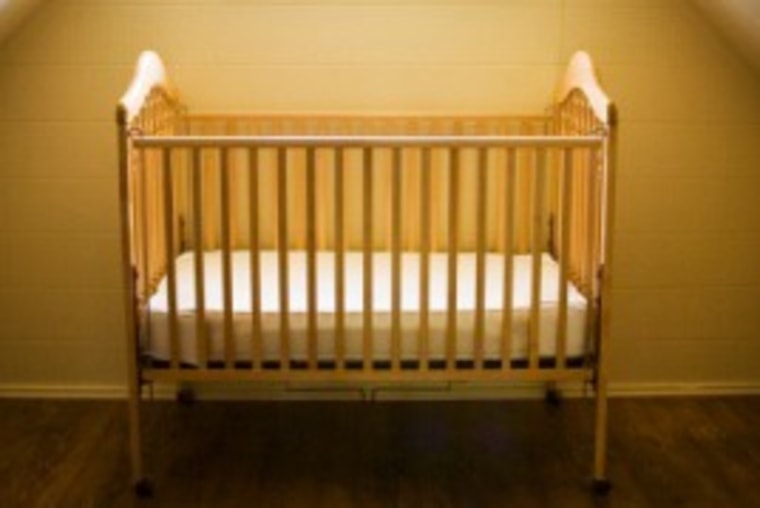A new report adds further evidence to the theory that the nation’s economic hard times have caused some families to delay having kids.
The U.S. birth rate has fallen sharply since hitting a high in 2007, although researchers have been hesitant to pinpoint the exact reason for the drop.
The report released Wednesday by Pew Social & Demographic Trends found that states that have been hardest hit by economic hard times between 2007 and 2008 also were the most likely to see bigger fertility drops between 2008 and 2009.
In contrast, states that weren’t as hard-hit did not see such big drops. North Dakota, which has been among the least affected by the nation’s unemployment woes, actually saw a slight increase in births between 2008 and 2009.
The Pew researchers looked at statewide indicators such as per capita personal income, state gross domestic product and unemployment to make the correlations.
The report also found that the birth rate for Hispanics fell much more sharply than for other racial and ethnic groups. Hispanics have generally been harder hit by the economic downturn, in terms of employment and wealth, according to Pew.
More than 4.3 million babies were born in the United States in 2007, a record high. According to preliminary calculations in Pew’s report, based on government data, there were a little more than 4.1 million births in 2009 and about 4 million births in 2010.
The birth rate, or the number of births per thousand women ages 15 to 44, has fallen from 69.6 in 2007 to an early estimate of 64.7 in 2010.
The nation went into recession December of 2007, and technically emerged from it in June of 2009. But economic growth has mostly been sluggish since then, and many Americans have struggled to make ends meet.
The unemployment rate is still above 9 percent, with about 14 million Americans out of work. The poverty rate is at its highest level in 18 years and median income has fallen for three years in a row.
For many families, that may have been enough to put off starting a family, or adding another child to the family.
The report notes that it’s not clear yet whether women are postponing having kids or not having them at all. Previous research has shown that women put off having kids during weak economic periods, but then play catch-up once the economy improves.
The United States also saw a steep and yearslong drop in birth rates during the Great Depression in the 1930s.
In May, msnbc.com wrote about several families who had been forced to put off having a child because they didn’t feel like they could afford the health care costs and other expenses.
“We’re hurting, financially,” Diana Lorenzo told msnbc.com. “We’ve streamlined everything, and that’s why I can’t imagine. Where can I cut?”
Related:
Breaking up is hard to do because of the economy
